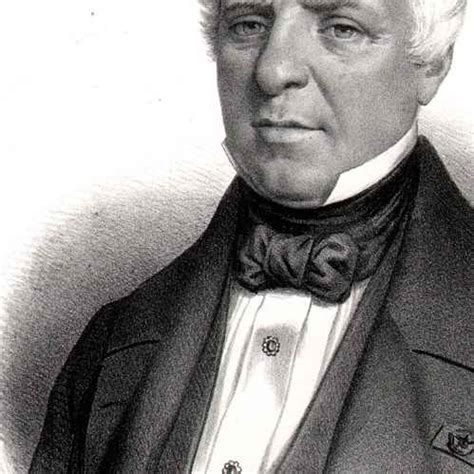A Quote by William Faulkner
The reason you will not say it is, when you say it, even to yourself, you will know it is true.
Related Quotes
I've learned that you have to stay true to yourself from all the amazing people I've had the opportunity to work with thus far. You have to stay true to yourself and don't be afraid even though people may say what you're doing isn't cool or isn't right. I promise you, you will not regret it if you stay true to who you are and what you love to do because there is no other reason that I am up here today receiving this award.
I AM (your true self) is not interested in man’s opinion. All its interest lies in your conviction of yourself. What do you say of the I AM within you? Can you answer and say, “I AM Christ”? Your answer or degree of understanding will determine the place you will occupy in life. Do you say or believe yourself to be a man of a certain family, race, nation, etc.? Do you honestly believe this of yourself? Then life, your true self, will cause these conceptions to appear in your world and you will live with them as though they are real.
This is the perpetual and pitiful tragedy of the practical man in practical affairs. He always begins with a flourish of contempt for what he calls theorizing and what people who can do it call thinking. He will not wait for logic-that is, in the most exact sense, he will not listen to reason. It will therefore appear to him an idle and ineffectual proceeding to say that there is a reason for his present failure. Nevertheless, it may be well to say it, and to try and make it clear even to him.
Impossible, I realize, to enter another’s solitude. If it is true that we can ever come to know another human being, even to a small degree, it is only to the extent that he is willing to make himself known. A man will say: I am cold. Or else he will say nothing, and we will see him shivering. Either way, we will know that he is cold. But what of the man who says nothing and does not shiver? Where all is intractable, here all is hermetic and evasive, one can do no more than observe. But whether one can make sense of what he observes is another matter entirely
Because it is gone you cannot say it will not return; even though you may say it has never yet returned-you cannot say that it will not. It is blasphemy to say a bit of metal has destroyed life, just as it is presumptuous to say that because life has disappeared it has been destroyed. I stood among the heaps of the dead and I knew-no, I felt that death is only a sound we make to signify the Thing we do not know.
I am apparently gentle, unstable, and full of pretenses. I will die a poet killed by the nonpoets, will renounce no dream, resign myself to no ugliness, accept nothing of the world but the one I made myself. I wrote, lived, loved like Don Quixote, and on the day of my death I will say: ‘Excuse me, it was all a dream,’ and by that time I may have found one who will say: ‘Not at all, it was true, absolutely true.’
If you're going to say you're Catholic, you inform your conscience so that you're activities will conform to what God is telling us through the Church. If God is telling you something outside of that, well, the Church will look at that and say: we think it is true or we don't think it is true. The Church might say: that might be true for you but it has no public normative value.
A word, and all the infinite fluctuations it may possess. Like that moment when you know you have something to say, and you know you're speaking, even, but you still have no idea how you will say it. Or the moment when, as a reader, you're reading, and you are understanding what you are reading, but still have utterly no idea what will come next for you, what precisely the author wants to say. For me, that is the ultimate level of literary depth, of literary density.




































